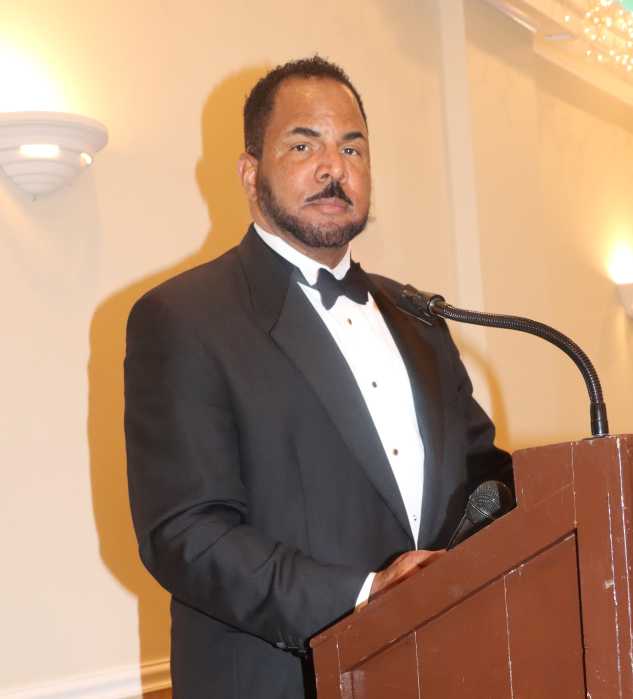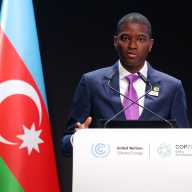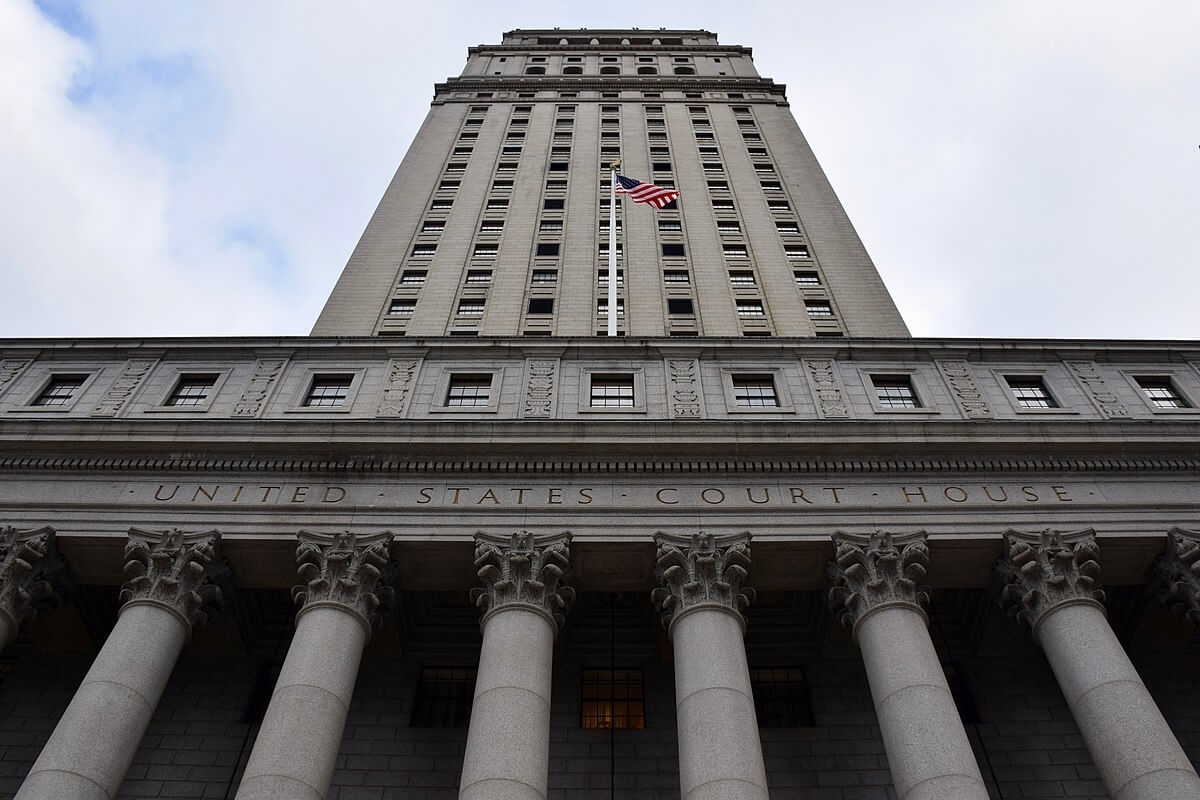ST. GEORGE — At US40 cents per kilowatt hour, the price of electricity in Grenada is among the highest in the world. Like many small island developing states, electricity generation depends on the burning of fossil fuels.
This unsustainable approach to energy generation is complicated by volatile global oil pricing, and in Grenada’s specific case, a restrictive monopoly on energy generation, distribution and sale by the sole power utility – Grenada Electricity Services Limited (GRENLEC).
This private monopoly was established in 1994. Based on current arrangements, this monopoly will continue until 2073. This seventy-nine year monopoly has, and continues to have, a significant negative impact on Grenada’s economic performance and long term sustainable development.
To put Grenada’s energy sector on a more sustainable economic and environmental footing, dramatic changes to the country’s Electricity Supply Act are required, in addition to a swift move towards renewable energy generation. By reducing its dependence on fossil fuels through the generation of energy from natural resources, Grenada will be more resilient to external price shocks, reduce its national fuel import bill, and reduce its carbon footprint.
Grenada’s goal is to purchase the controlling shares of GRENLEC, currently owned and offered for sale by WRB Enterprises of Tampa, Florida, thus breaking the monopoly. This will enable the necessary legislative changes to be made for a more competitive energy sector, stimulating renewable energy investment, and reducing the cost of electricity to every home and business in Grenada, Carriacou and Petite Martinique.
The government of Grenada does notintend to retain the controlling shares in GRENLEC or to become actively involved in the management of the Company. Its goal is to encourage public/private partnership, self generation and private power providers for the development of Grenada’s optimal energy mix with a strong focus on renewables – specifically solar, wind and geothermal energy generation.
The government of Grenada, in partnership with international energy agencies, authorities and private investors, is fully committed to this process and will aggressively explore every avenue available to it in pursuit of a liberalized energy generation sector – a liberalized energy sector with a competitive cost base that will be both attractive to incoming energy providers in addition to providing significant cost savings to every household and business in Grenada, Carriacou and Petite Martinique.
The government of Grenada submitted its purchase offer to WRB on Oct. 18, 2013. Negotiations are ongoing. (GIS)

























